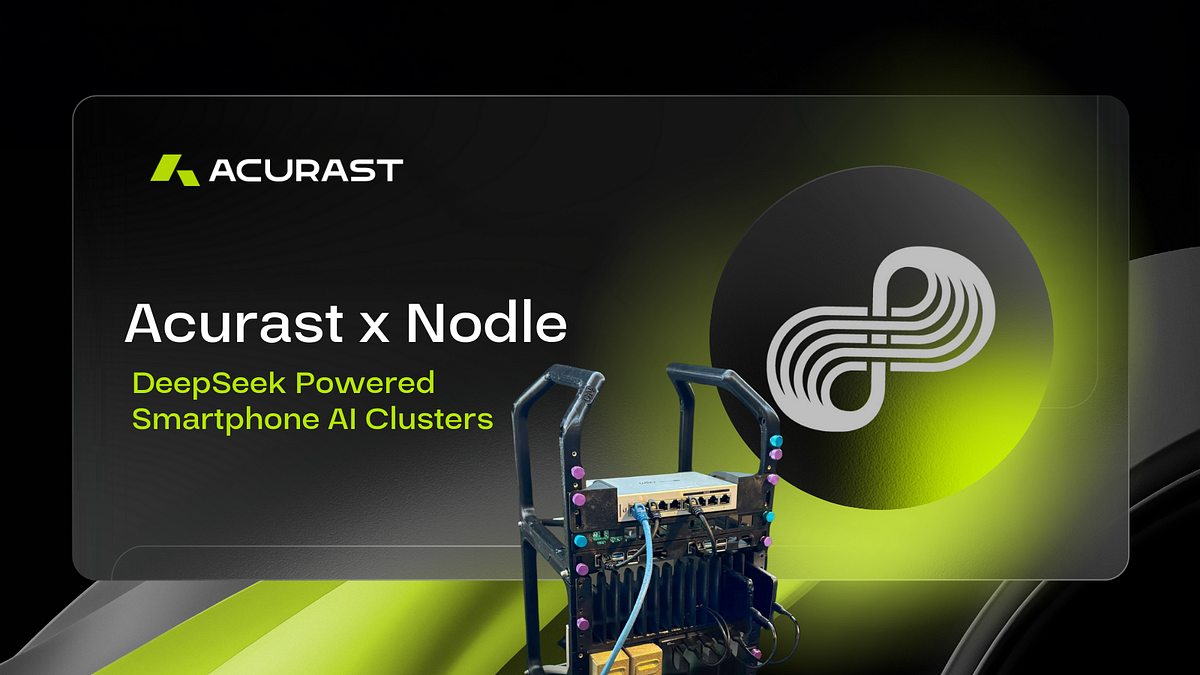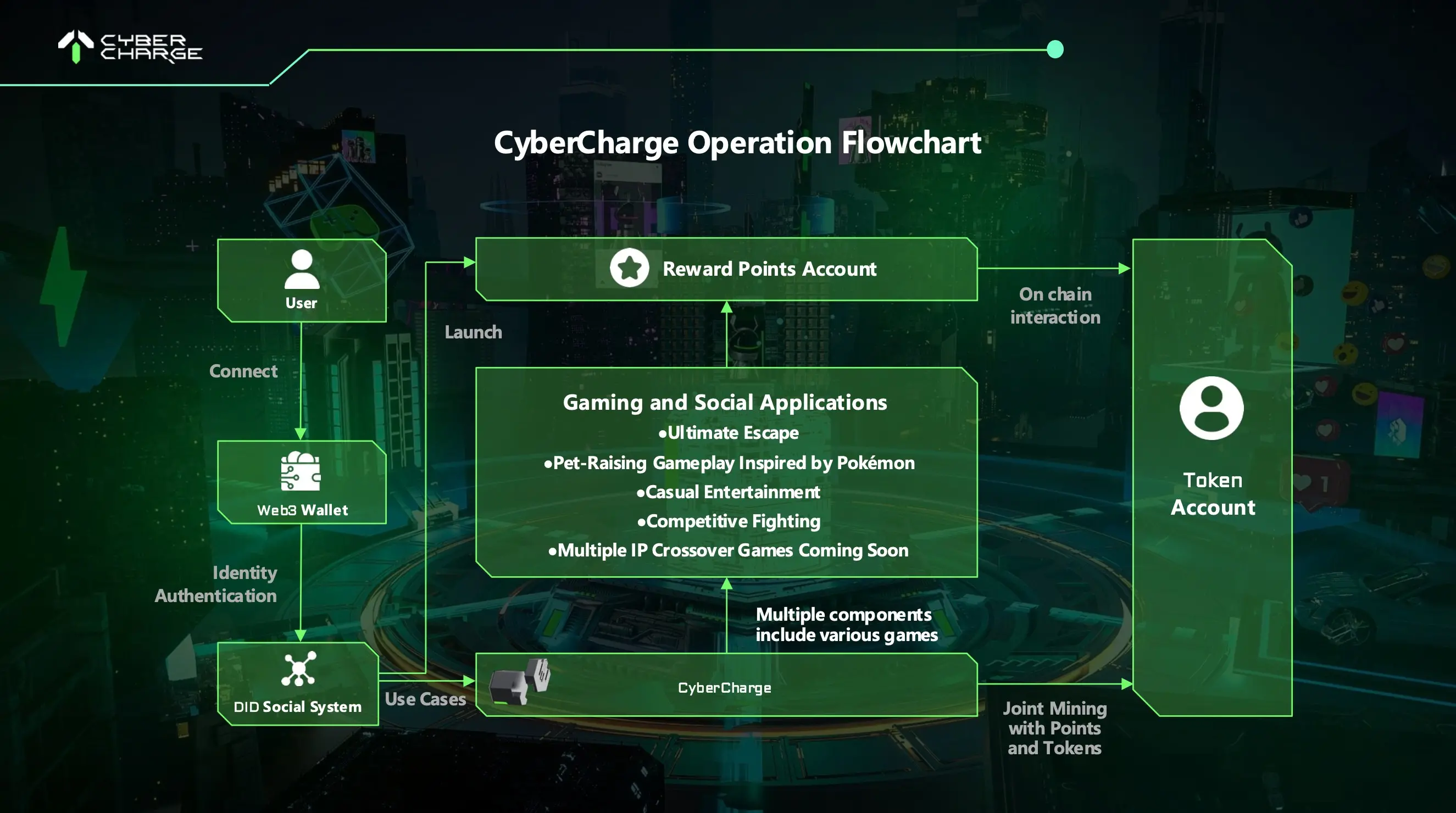Acurast Integrates with Open Node Project to Enable Decentralized AI Clusters

Acurast has announced an exciting integration with the Open Node Project (ON), a collaborative open-source initiative developed alongside Nodle. This project aims to empower individuals to create decentralized AI clusters using repurposed smartphones, significantly enhancing self-sovereign computing and decentralized infrastructure (DePIN). By transforming old smartphones into AI compute nodes, Acurast leverages ARM processors and Trusted Execution Environments (TEE) to allow developers to efficiently deploy large language models (LLMs) such as DeepSeek AI.
The deployment process for an Acurast AI cluster is straightforward. Users need to gather smartphones equipped with ARM processors and TEE, connect them to power sources, USB hubs, and networks, and install the Acurast app from GitHub. After enabling USB debugging and registering each device, developers can deploy AI models and monitor their performance through the Acurast Dashboard. This innovative approach not only democratizes access to AI computing but also fosters a truly decentralized and scalable compute network powered by smartphones.
The significance of this integration lies in its potential to provide cost-effective AI solutions while eliminating reliance on centralized servers, thus promoting digital sovereignty. Acurast is at the forefront of decentralized computing, ensuring that both developers and users can leverage the power of mobile-driven AI clusters. With smartphones being the most trusted devices globally, Acurast is redefining decentralized compute, making it more accessible and secure than ever before.
Related News





